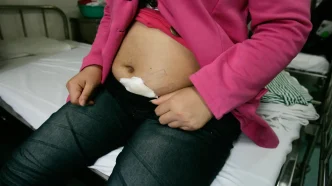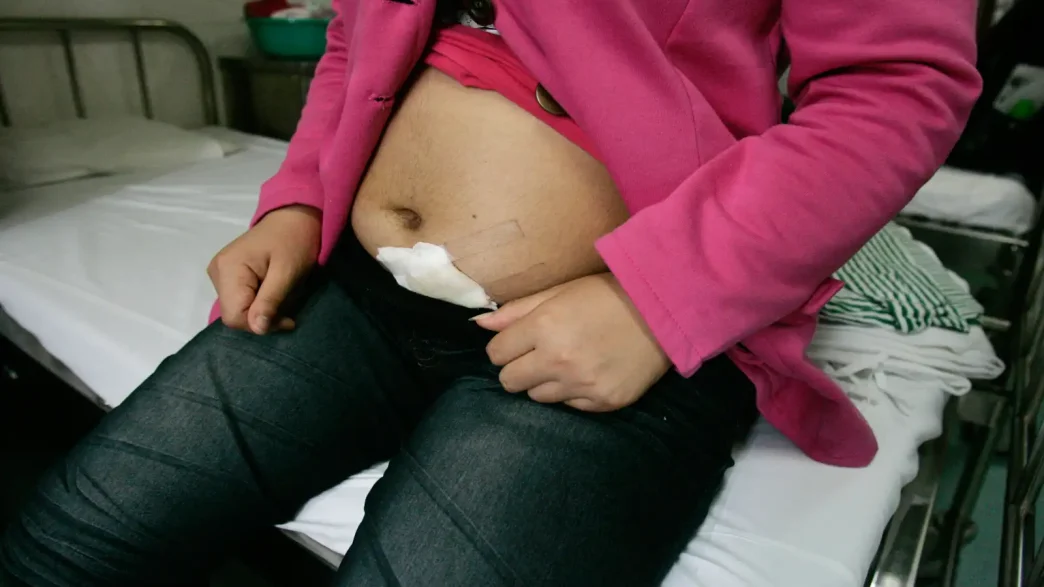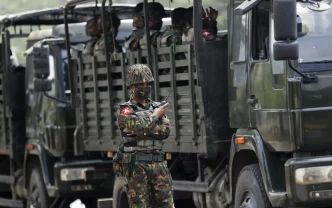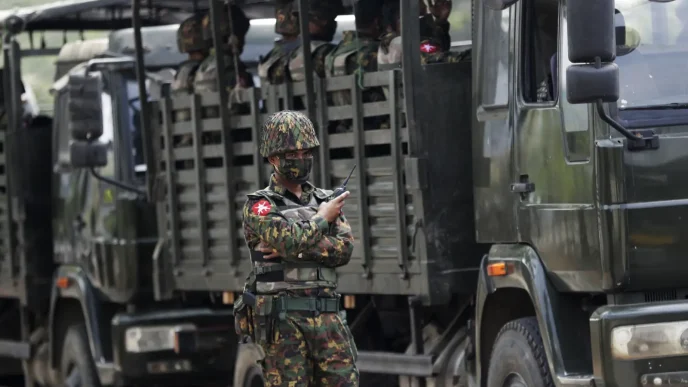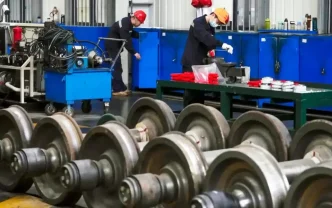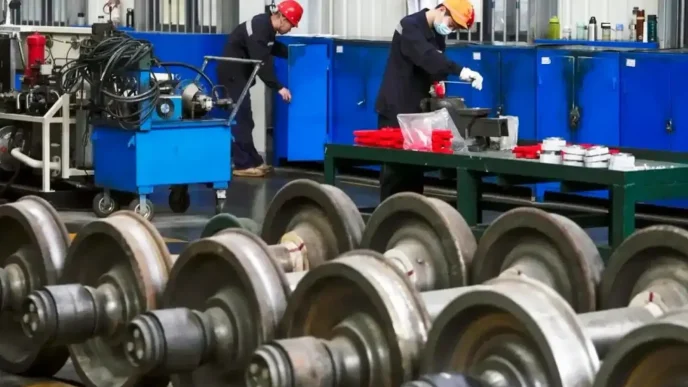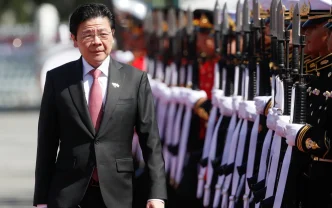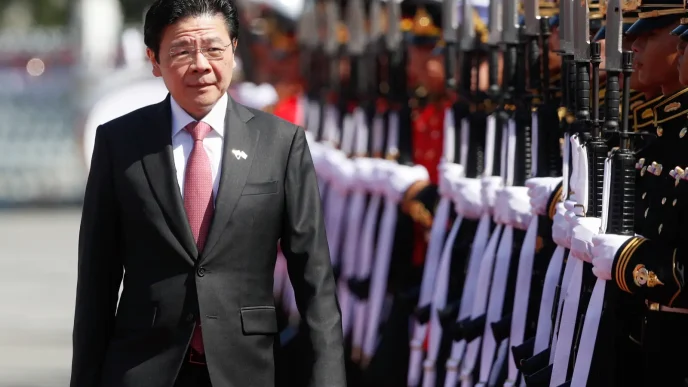The 13 women were among 24 foreigners detained by Cambodian police in September, and convicted and jailed on Dec 2 for attempted cross-border human trafficking. (Reuters pic)
MANILA: The babies of 13 Philippine women pardoned and sent home by Cambodia after being convicted and jailed over an outlawed surrogate motherhood scheme may be put up for adoption, the government said on Monday.
Ten pregnant Filipinas and three others with babies flew home to Manila on Sunday, three days after being pardoned by the Cambodian king, who nullified their four-year prison terms.
“The Cambodian government does not want the sale of the babies to those who transacted with our compatriots to be consummated,” justice undersecretary Nicholas Felix Ty said in an interview on state television on Monday.
Phnom Penh wants either the mothers or the Philippine government to take responsibility for the babies, said Ty, who added Manila was evaluating the surrogate mothers’ “capacity” to raise the children on their own.
“If we conclude that they are not able to do that, then the babies may become temporary wards of the state, and we would consider the possibilities for them, like adoption,” he added.
The 13 women were among 24 foreigners detained by Cambodian police in September, and convicted and jailed on Dec 2 for attempted cross-border human trafficking.
Seven other Filipinas among the 24 were not pregnant and were sent back to the Philippines earlier, Ty said.
While Cambodia banned commercial surrogacy in 2016, there is no law regulating the procedure in the Philippines, which Manila says creates a “legal grey area prone to abuse”.
Cambodian sources say couples, mostly from China, were willing to pay between US$40,000 and US$100,000 to surrogacy agents to find a Cambodian woman who could carry their child.
Ty said the pardoned Filipinas were receiving care and counselling at a halfway house for trafficking victims.
The government was also trying to convince them to testify in potential criminal cases against their recruiters who Manila has yet to identify, he added.
